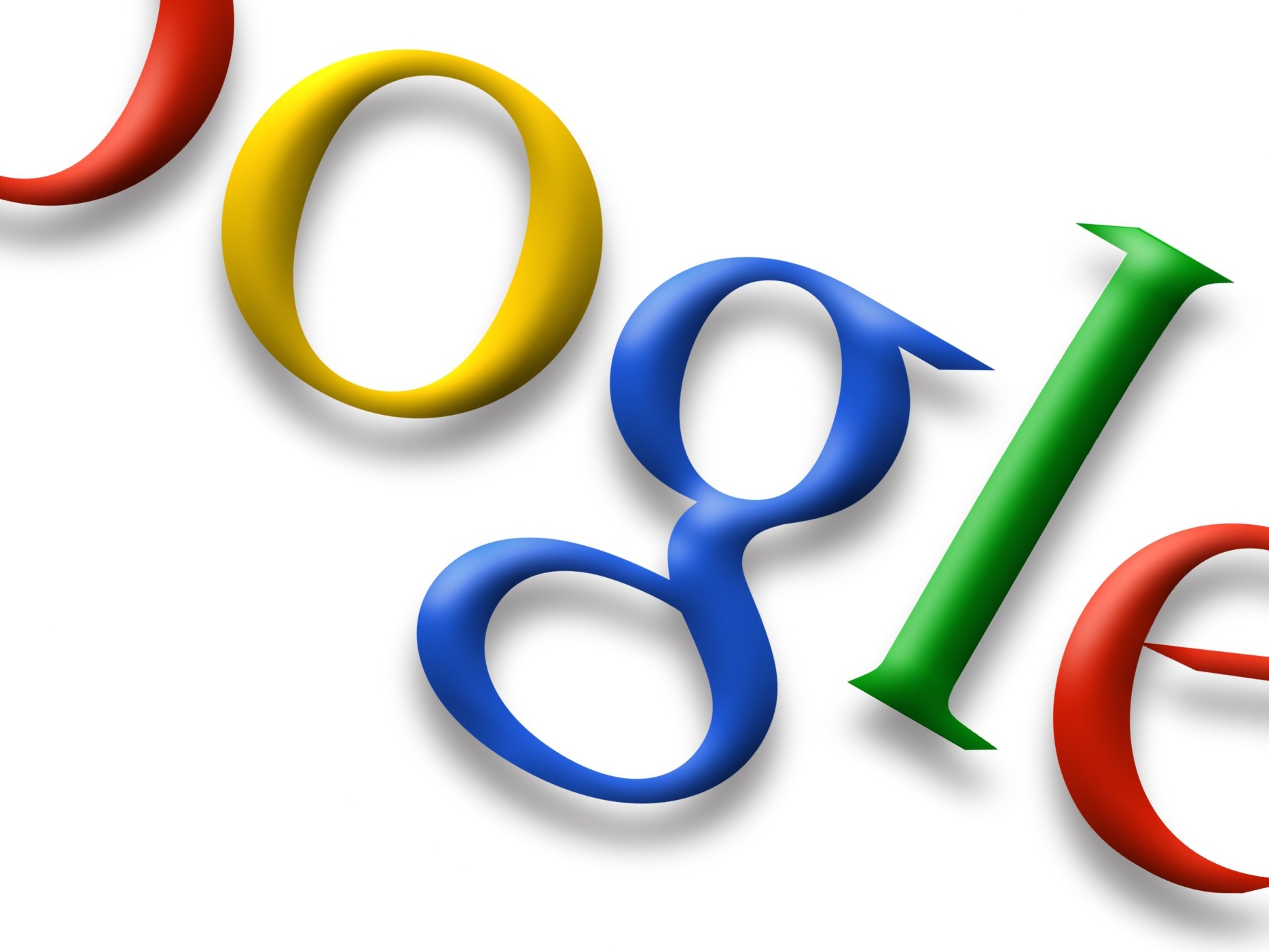The future of search: Google will 'just know' says Schmidt
Mind-reading search

Google has hinted at the future of internet search, saying that in the future instead of typing in a search term, it will "just know".
Speaking to the Telegraph at the World Economic Forum in Davos, Google's Executive Chairman and ex-CEO Eric Schmidt said that search will evolve to use human actions to inform results.
"We still think of search as something you type. Perhaps a decade from now, you will think, well, that was interesting, I used to type but now it just knows," he said.
Omnipotent Google
"How does it know? Well, on mobiles we know where you are, down to the nearest foot. You've chosen to log in, with your permission, and it knows where you are and it can provide a personalised service," he continued.
"Technically, with your permission, we know where you are, we know your history, we can do data extraction and look at what it tells us."
"With your permission" being a recurring refrain, Google is obviously keen to make it clear that all this data mining is being done on the up and up.
Sign up for breaking news, reviews, opinion, top tech deals, and more.
Pipe dream?
While it's not exactly clear how your location, social interactions and behaviour could tell Google exactly what you want to search for at any given time, a kind of mind-reading service could be the way that Google is heading.
Well, we say mind-reading, it would be more like informed guessing at what you might want or need, in much the same way that predictive text guesses at what you're typing based on your first couple of letters and things you've typed before.
"In 50 years it is reasonable to assume in technology that all of these distinctions between computers and cloud [remote data storage] will have gone away.
"There will be a ubiquitous computational capability that is just so free and so amazing that people will assume that it is an assistant. It knows who you are, it knows what you do, it makes suggestions, it intuits things for you," Schmidt added.
While the intuitive system could conceivably work in many situations, it's unlikely that Google can do away with text input altogether; the human brain is too random and the internet too brilliantly vast.
Via The Telegraph
Former UK News Editor for TechRadar, it was a perpetual challenge among the TechRadar staff to send Kate (Twitter, Google+) a link to something interesting on the internet that she hasn't already seen. As TechRadar's News Editor (UK), she was constantly on the hunt for top news and intriguing stories to feed your gadget lust. Kate now enjoys life as a renowned music critic – her words can be found in the i Paper, Guardian, GQ, Metro, Evening Standard and Time Out, and she's also the author of 'Amy Winehouse', a biography of the soul star.